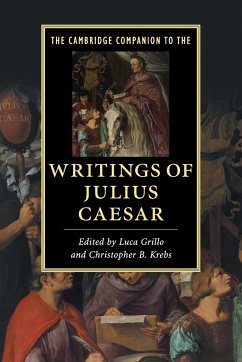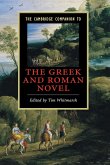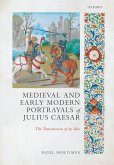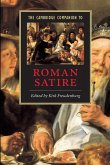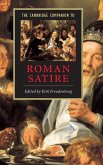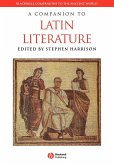Well-known as a brilliant general and politician, Julius Caesar also played a fundamental role in the formation of the Latin literary language and remains a central figure in the history of Latin literature. With twenty-three chapters written by renowned scholars, this Companion provides an accessible introduction to Caesar as an intellectual along with a scholarly assessment of his multiple literary accomplishments and new insights into their literary value. The Commentarii and Caesar's lost works are presented in their historical and literary context. The various chapters explore their main features, the connection between literature, state religion and politics, Caesar's debt to previous Greek and Latin authors, and his legacy within and outside of Latin literature. The innovative volume will be of great value to all students and scholars of Latin literature and to those seeking a more rounded portrait of the achievements of Julius Caesar.
'In sum, this volume serves its purpose commendably: it presents a range of possibilities for approaching Caesar's historical works as literary texts rather than merely as sources of evidence; it engages with Caesar as a literary figure beyond his historical writing with a battery of strong pieces on his fragmentary works; and it situates Caesar and his literary works in the context of the extended Greco-Roman and European tradition. In these ways, this collection succeeds in demonstrating how the 'historiographic turn', which reached Caesar's writings relatively late, has now rehabilitated him as a literary artificer.' Bryn Mawr Classical Review

